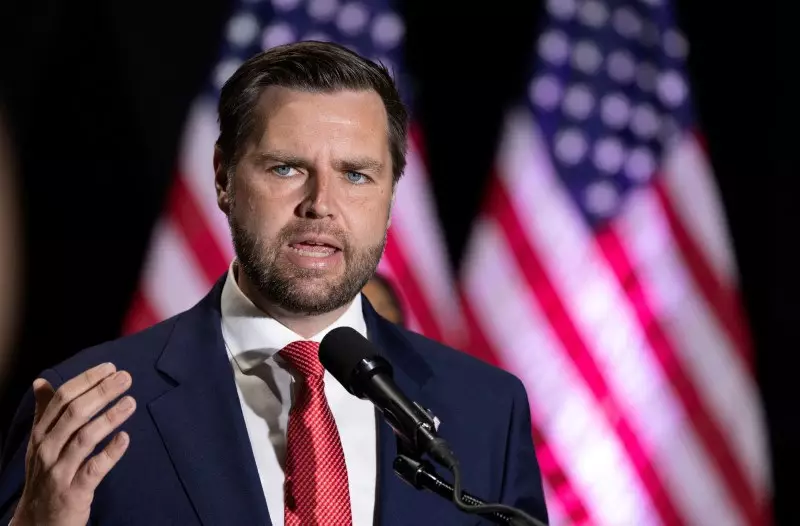JD Vance, the Republican U.S. vice-presidential candidate, recently expressed his support for Donald Trump’s suggestion that presidents should have a say in Federal Reserve Board policy-making, particularly regarding interest-rate movements. This statement, made during an interview on CNN’s “State of the Union” program, highlights the ongoing debate over the appropriate level of political involvement in the country’s monetary policy.
Vance echoed Trump’s belief that political leadership in the United States should play a more significant role in shaping monetary policy decisions. While the president appoints members of the Federal Reserve Board, historical norms have dictated that the White House should maintain a certain level of distance from the Fed’s operations to prevent short-term political pressures from interfering with long-term economic stability. However, Vance argued that having elected officials provide input on critical economic decisions is essential for ensuring that the country’s best interests are represented.
Changing the Status Quo
The suggestion of injecting more political influence into the Federal Reserve’s decision-making process represents a significant departure from the longstanding principle that the Fed should operate as an independent policy-making entity. Trump’s assertion that his business success gives him a better instinct for financial matters than some Fed members overlooks his history of failed enterprises and bankruptcies. This raises questions about the extent to which political figures should shape monetary policy decisions that can have far-reaching impacts on the economy.
While Vance and Trump advocate for greater presidential influence on the Fed, Democratic presidential nominee Kamala Harris strongly opposed the idea. Harris emphasized the importance of maintaining the Fed’s independence as an entity that makes decisions free from political interference. The Fed’s recent efforts to raise interest rates to combat rising inflation underscore the need for a balanced approach to monetary policy that prioritizes economic stability over political considerations.
The discussion around presidential influence on the Federal Reserve comes amid growing concerns over the potential impacts of a “2025 Presidential Transition Project” promoted by some conservatives. This project includes recommendations for substantial changes within the federal government, including a commission to review the Federal Reserve’s mission and the nation’s financial regulatory framework. As Democrats criticize the project and its implications, Trump has distanced himself from the initiative, underscoring the partisan divides surrounding the role of politics in economic decision-making.
Overall, the debate over presidential influence on the Federal Reserve highlights the complex interplay between politics and economics. While some argue for greater political input to ensure democratic accountability, others warn of the risks of politicizing monetary policy decisions that could compromise the Fed’s independence and effectiveness in managing the country’s financial stability. As the discussion unfolds, it is essential to consider the long-term implications of any changes to the Fed’s decision-making process and the potential impacts on the U.S. economy.

